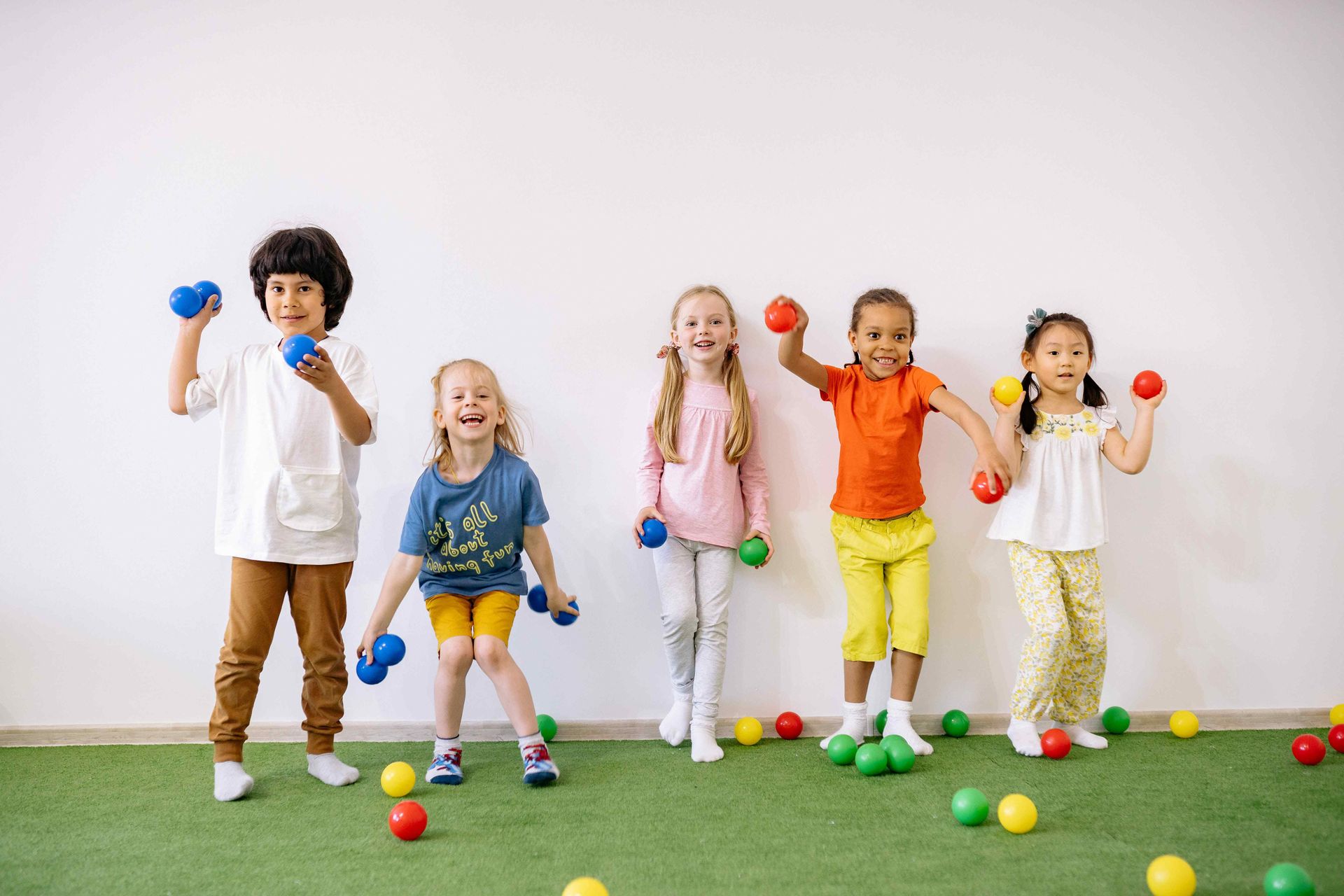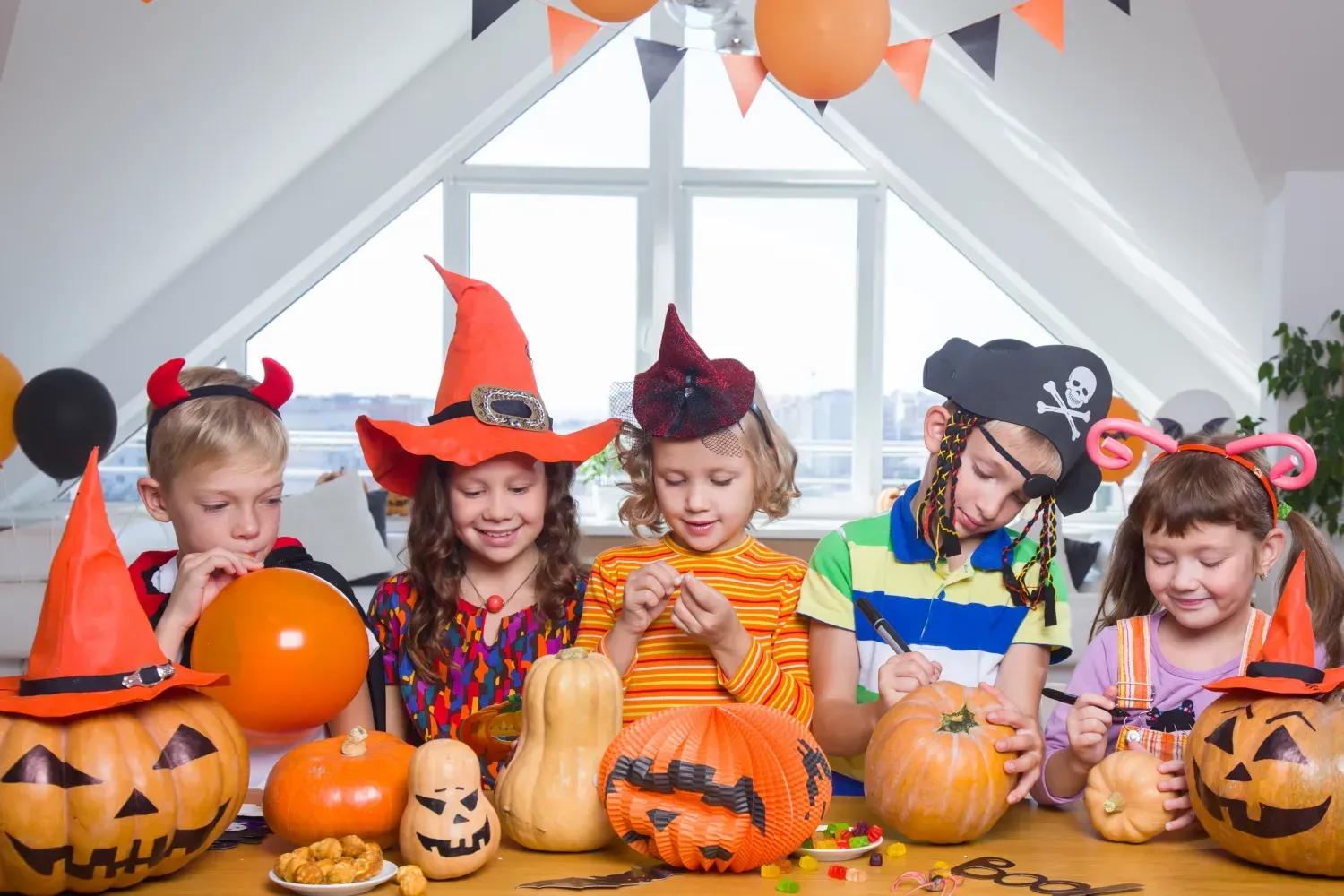How Gestalt Language Processing Can Lead To Verbal Breakthroughs
In the realm of autism therapy, unlocking verbal communication is a pivotal achievement. One innovative approach gaining recognition is Gestalt Language Processing, particularly in the context of Applied Behavior Analysis (ABA) therapy. This top-down language acquisition style has shown remarkable results, especially in children with autism. Join us as we delve into the transformative power of Gestalt Language Processing and its role in ABA therapy in Georgia and beyond.
Understanding Gestalt Language Processing
In the traditional model of language development, neurotypical children follow a bottom-up approach, progressing from babbling to forming sentences. However, for some autistic children, Gestalt Language Processing emerges as a top-down model. In this method, words or phrases are learned as complete units, with immediate and delayed echolalia playing a crucial role.
Building Verbal Communication With Gestalts
Gestalts, or complete language units, serve as building blocks for verbal communication in autistic children. Expressions such as "All done," "I want more," and "Let’s go!" become vital tools in developing language skills. These gestalts not only bridge communication gaps but also pave the way for more advanced language use.
Songs As Gestalts In Speech Therapy
In the realm of speech therapy, songs emerge as powerful gestalts. A fascinating example comes from an ABA center in Atlanta, where a child could only label animals while singing "Old MacDonald." This form of scripting within songs highlights the incorporation of gestalt learning, emphasizing how certain phrases are grasped within a larger musical context.
Routine-Based Gestalts
Routine-based gestalts prove to be game-changers in the journey of gestalt language processors. These scripted phrases, linked through underscores, become integral in various activities like meal times, bath/shower routines, and bedtime rituals. "Time_to_eat," "Scrub_adubdub," and "Sleep_tight" are more than mere expressions; they are the keys to unlocking meaningful communication.
Case Studies From Autism Centers In Atlanta
Autism centers in Atlanta are witnessing firsthand the potential of Gestalt Language Processing in ABA therapy. Real-life case studies reveal the positive impact on children's verbal communication skills. These success stories underscore the effectiveness of combining ABA therapy, routine-based gestalts, and AAC programs in nurturing language development.
Therapy & Learning Center of Georgia Helps Empower Verbal Expression
In the world of autism therapy, unlocking verbal communication is a triumph celebrated by therapists, parents, and children alike. Gestalt Language Processing, with its focus on complete language units, proves to be a powerful catalyst in this journey. As ABA therapy continues to evolve in Georgia and beyond, embracing Gestalt Language Processing becomes not just a choice but a transformative step toward fostering effective and meaningful communication.
The Therapy and Learning Center of Georgia works to improve children and their families’ lives by offering multidisciplinary services that are specialized for developmental, social, communication, language processing, and even swallowing disorders. Let us help your child achieve verbal breakthroughs by contacting us at (678) 824-2145 today.





